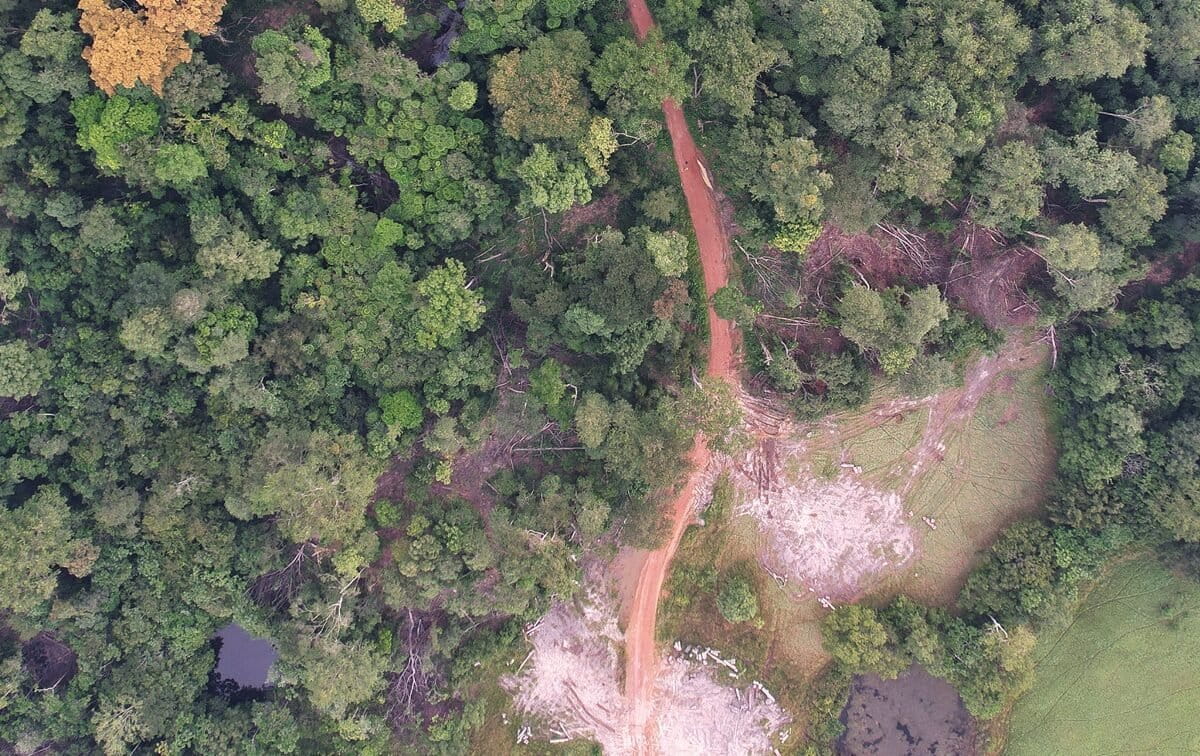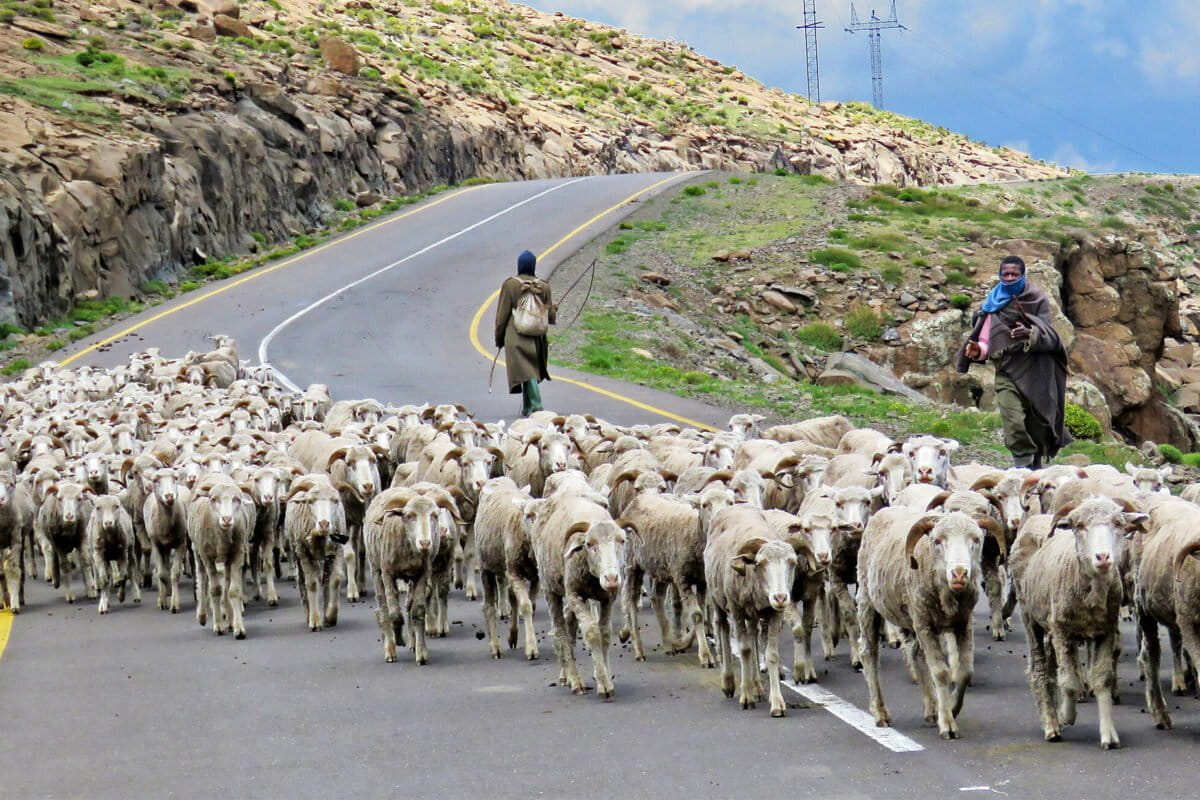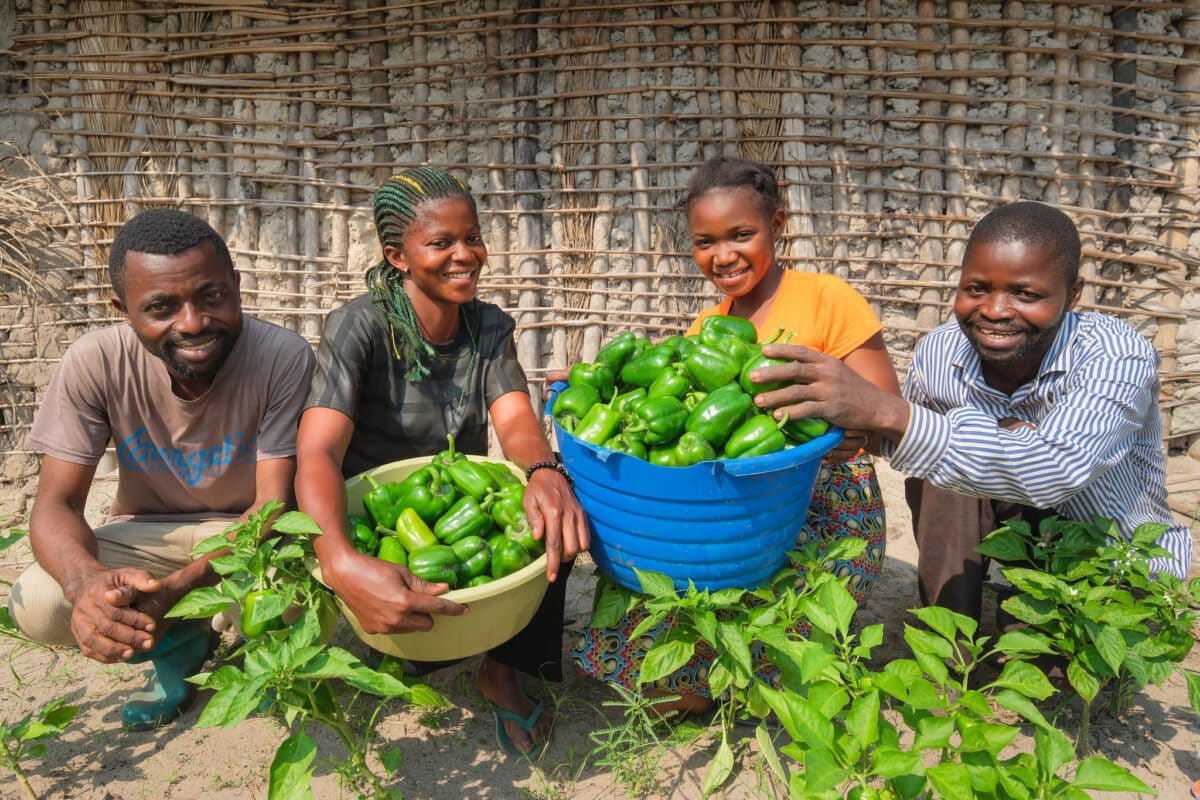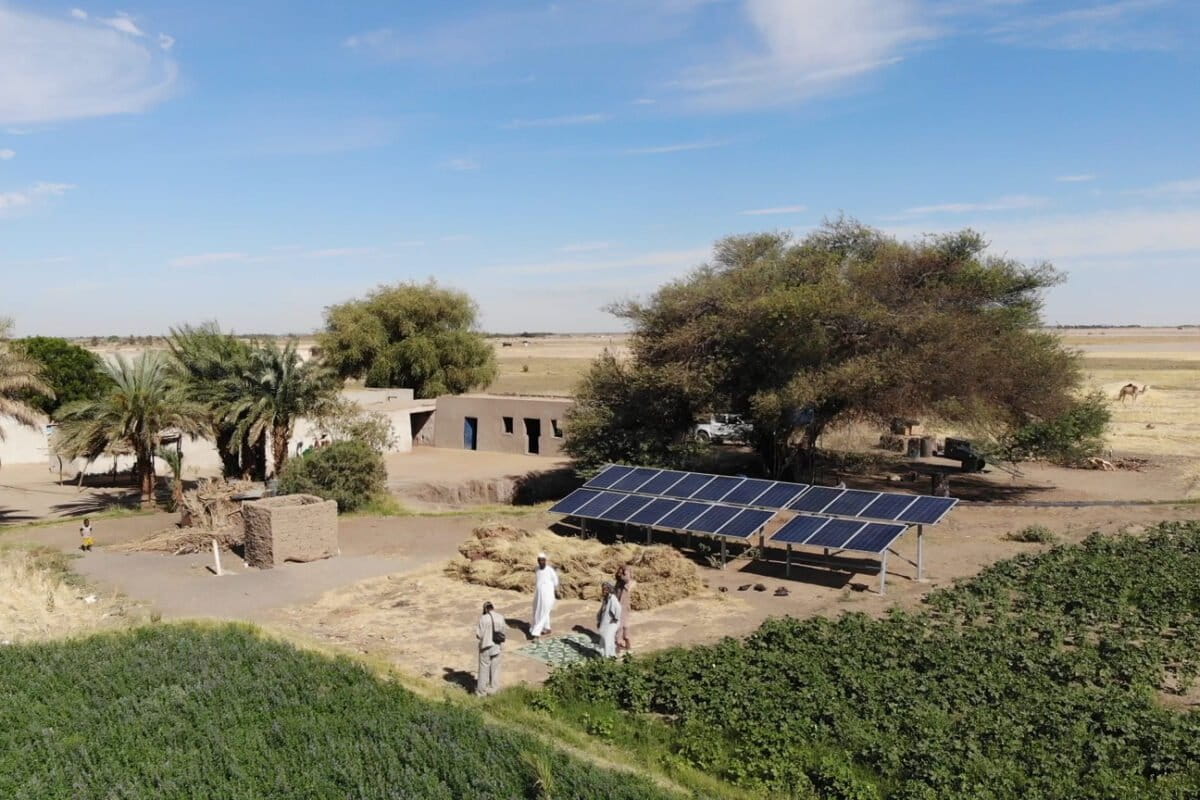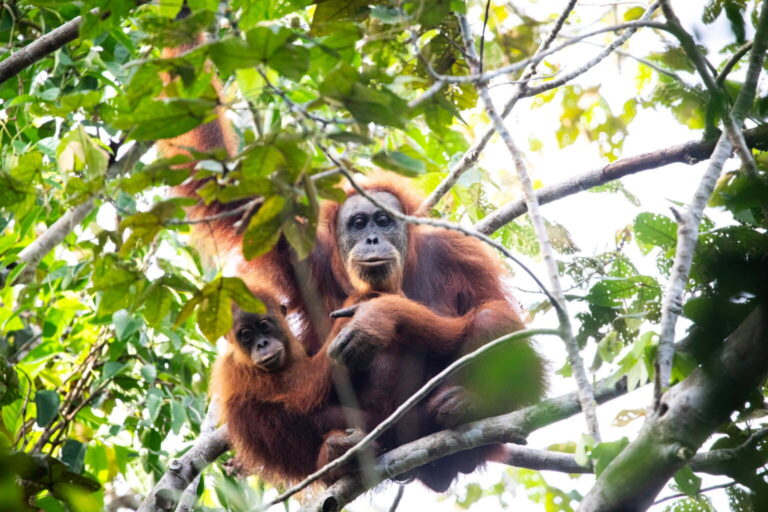- A recent study probed the ecology of small farms in Sumatra, showing that small-scale farming can be just as damaging to the environment as large plantations.
- Small-scale coffee growers in Latin America have sustainable practices because they work in cooperatives with direct access to markets for rainforest-certified products.
- For smallholder farming of oil palm and rubber to become sustainable in Indonesia, farmers will need to form similar cooperatives and grow rainforest-certified crops.
Rainforest cover in the Indonesian archipelago has declined rapidly in recent years giving way to large-scale plantations of rubber and oil palm. Now a recent study published in Nature Communications finds that small-scale farming can be just as damaging to the rainforests as the plantations, since most farmers prefer profitability over environmental stewardship.
A team of 40 scientists from Sweden, Germany, Switzerland, Indonesia and New Zealand collaborated to assess the farming practices of 464 smallholder households—farmers with a median plot size of 2.5 hectares—from 45 villages in the Jambi province of Sumatra. The researchers visited the plots to evaluate land-use choices, forest growth, diversity of local plant and animal species, soil microbes, and ecosystem functions in natural forests as well as in jungle rubber, oil palm and rubber plantations. The team also interviewed the farmers to understand their choices and financial motivations.

The scientists found that farmers in Jambi prefer to cultivate oil palm and rubber as single crops, or monocultures—an intensive practice that offers high productivity in the short term.
“Having crops that are so profitable means that if you choose intensive cultivation methods, you can fairly quickly ascend the social ladder,” said Yann Clough, lead author and scientist at the Centre for Environmental and Climate Research in Sweden. “You have people who started 30 years ago with nothing at all, and they’re now able to put their children in university.”
The prosperity has come at a cost. These operations, although small, have already replaced two-thirds of Sumatra’s forestlands that support the island’s stunning biodiversity; dispelling the myth that smallholder farming is all good. “It really is a different way of running the business, with the same kind of financial structure behind it,” said Erik Meijaard, a scientist at Borneo Futures in Jakarta, who was not involved with the study.
Research from the Center for International Forestry Research (CIFOR) indicates that smallholder plot sizes vary widely, with many being as large as 200 hectares. Such smallholders are rich and often live in large distant cities. “Over the last decade these large smallholders have become an increasing force behind deforestation and landscape fires in Sumatra,” said David Gaveau, an ecologist at CIFOR.


Many large rubber companies in Indonesia rely on output from the network of smallholders, which encourages the farmers to choose monocultures for higher yields. In stark contrast, most smallholder farmers in other tropical countries plant a diversity of food crops, said Terry Sunderland, senior scientist at CIFOR in Jakarta. “It’s [distinctive] to Indonesia, especially to Sumatra and Kaliamantan,” said Sunderland, who was not involved in the study. “The diversity on small farms I’ve seen in Bangladesh is amazing. People [there] have much more resilience to climate change and market forces.”
The practices of small-scale farmers vary with crops and regions. For example, many coffee growers in Latin America raise their beans sustainably on small plots, said Oscar Maroto, sustainable agriculture manager at the Rainforest Alliance in Latin America. Many coffee farmers with small land parcels work in cooperatives and sell directly to markets. This eases production pressures, allowing them to invest in sustainable practices. Small-scale banana farmers in Brazil, on the other hand, often end up using high-yielding monocultures so they can compete with big companies like Chiquita.
While Latin America has a lot of cooperatives, most crops in Indonesia don’t have that at all. Some small-scale food crop growers in Indonesia are diversifying to become certified organic because they know there is a market for it, Clough said. But without cooperatives, individual smallholders find it difficult to tap into the market of rainforest-certified oil palm and rubber.

“If [farmer cooperatives] don’t exist, it is very difficult to make them appear out of nowhere even if there are substantial financial gains involved,” Clough said. “It takes time for people to figure out how to cooperate.”
Citation:
Clough, Y. et al. (2016). Land-use choices follow profitability at the expense of ecological functions in Indonesian smallholder landscapes. Nature Communications 7: 13137. doi: 10.1038/ncomms13137.
Devika Garg-Bansal is a graduate student in the Science Communication Program at the University of California, Santa Cruz.Other Mongabay stories by UCSC students can be found here.


